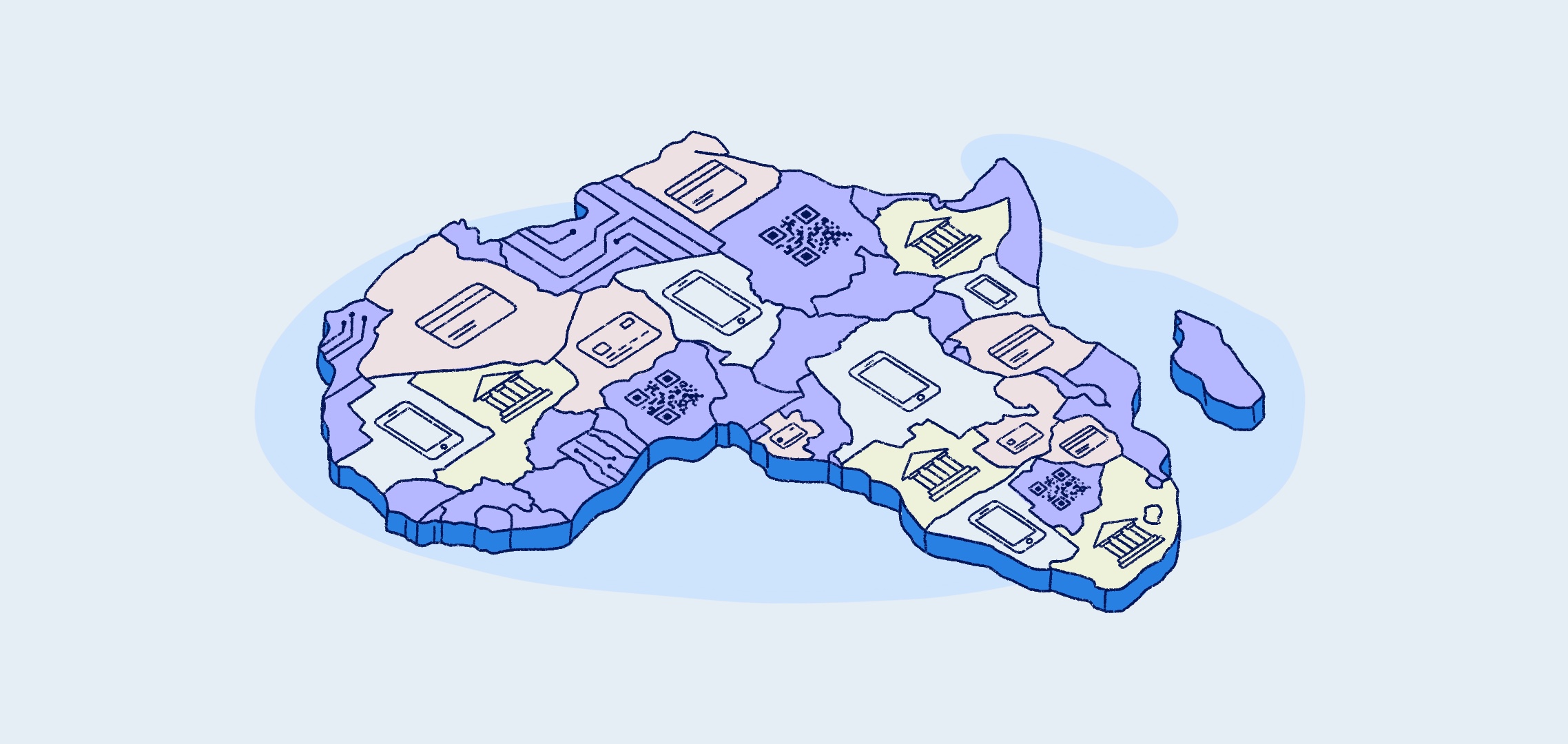Table of contents
Editor's note:
Joseph, a successful clothing trader in Nigeria, constantly gets customers from all over Africa. “Things have been going well on the home front, so I started charging in dollars to accommodate the foreign customers I’d started getting. That did not go well,” Joseph says.
While local customers were happy to pay in local currency, international customers complained that the dollar prices were too high. Some appreciated the dollar option's introduction but still wanted their local currency. Barring that, they didn’t patronise Joseph’s business and went to shop elsewhere in their countries.
“It’s somehow funny now but wasn’t at the time. I was losing customers because I could not sell directly to them in their currencies. I was distraught.”
As Africa's economy grows and evolves, more businesses seek to expand their operations across domestic borders. With the rise and evolution of e-commerce and digital platforms, it's becoming increasingly easy for African companies to reach customers in different countries and regions. Africa’s vast resources and growing consumer base has made it an attractive destination for international companies.
However, because Africa comprises diverse economies with multiple currencies, conducting business across borders poses complex problems like currency conversion challenges and high transaction costs. Joseph’s business is one of many struggling with cross-border trade due to the issues listed above.
Why cross-border payments are important for companies looking to scale in Africa
Unlocking market potential
Africa's potential for economic growth is exceptional, thanks to its rapidly expanding consumer market. By accessing efficient cross-border payment solutions and multiple payment channels, local and global businesses can reach new customers in different African countries, unlocking market potential and driving rapid business growth. Without cross-border payment options, businesses are limited to serving only their local markets, which can significantly restrict their growth potential.
Easy access to capital
With cross-border payments, businesses can easily and quickly receive payments from customers and partners in other countries. This helps small or medium-sized businesses that need to access capital to fuel their growth. By removing the barriers to cross-border payments, businesses can access new funding sources, enabling them to expand and invest in their companies.
Facilitating trade and investment
By enabling seamless cross-border payments with payment processors like Kora or initiatives like Pan-African Payment and Settlement System (PAPSS), businesses can engage in international trade more effectively, fostering economic integration within the continent and beyond. Without the ability to process cross-border payments, companies would not be able to buy or sell goods or services in different countries, leading to significant losses in potential revenue.
Mitigating currency risks
Because Africa has a variety of economies with different currencies, conducting cross-border transactions involves currency conversions, which can expose businesses to currency risks and volatility. However, cross-border transaction payment systems can utilise hedging mechanisms and real-time exchange rates to protect businesses from unfavourable currency fluctuations.

Simplifying supply chain operations
Managing complex supply chains involving multiple countries can be a logistical challenge. Cross-border payments simplify these operations by providing a seamless financial infrastructure. Efficient payment systems enable businesses to pay suppliers in different countries promptly, ensuring the smooth flow of goods and services across borders. By streamlining supply chain operations, companies can optimise their processes, reduce costs, and enhance operational efficiency.
Regulatory compliance
One of the biggest challenges of cross-border payments in Africa is navigating the regulatory landscape, which can be complex and daunting. With ever-changing regulations and compliance requirements, businesses must adhere to local laws and regulations to avoid penalties or reputational damage. Cross-border payment solutions such as Kora can handle regulatory compliance and provide businesses with assured secure transactions.
In conclusion, cross-border payments are essential for businesses operating in Africa. As the continent continues to develop rapidly, fostering an environment that supports seamless cross-border transactions will be crucial in fueling economic growth and prosperity for businesses and individuals alike.
—
At Kora, our goal is to connect Africa to the world and connect the world to Africa via payments. We provide All The Support You Need ™️ for startups and businesses working in Africa to start, scale and thrive on the continent. Visit www.korahq.com to see all the ways you can thrive with Kora.










.png)



%201.png)
%201.png)

%201.svg)











%201.png)
%201%20(1).png)